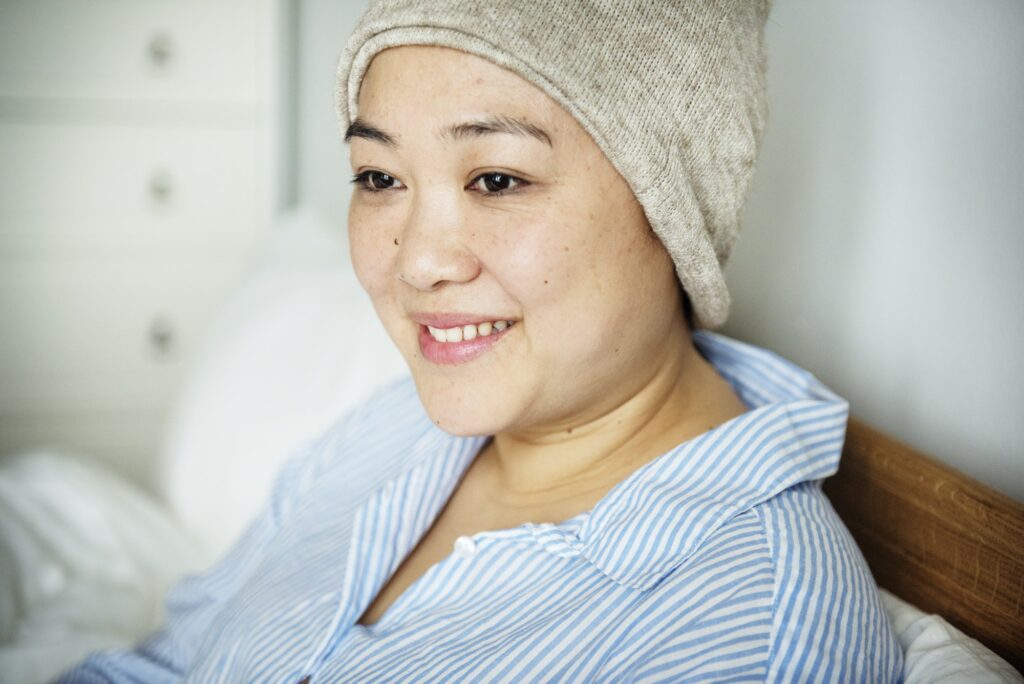What is Chemotherapy
Chemotherapy is a cancer treatment in which drugs are used to kill cancer cells. Chemotherapy medications come in a variety of forms, but they all work in the same way. They prevent cancer cells from reproducing, preventing them from multiplying and spreading throughout the body.
Table of Contents
When Chemotherapy is Used
Chemotherapy might be utilized if cancer has actually spread out or there’s a danger it will.
It can be utilized to:
- attempt to treat the cancer totally ( alleviative chemotherapy)
- make other treatments more reliable — for instance, it can be integrated with radiotherapy ( chemoradiation) or utilized prior to surgical treatment (neo-adjuvant chemotherapy)
- decrease the danger of the cancer returning after radiotherapy or surgical treatment ( adjuvant chemotherapy)
- eliminate signs if a treatment is not possible ( palliative chemotherapy)
The efficiency of chemotherapy differs considerably. Ask your physicians about the possibilities of treatment succeeding for you.
Types of Chemotherapy
Chemotherapy can be given up a number of methods. Your physicians will suggest the very best type for you.
The most typical types are:
- chemotherapy offered into a vein (intravenous chemotherapy) – this is normally performed in medical facility and includes medication being offered through a tube in a vein in your hand, arm or chest
- chemotherapy tablets (oral chemotherapy) – this normally includes taking a course of medication in your home, with routine check-ups in medical facility
You may receive a single type of chemotherapy or a mix of treatments. Over the course of a couple of months, you’ll probably have several treatment sessions.
Side Effects
As well as eliminating cancer cells, chemotherapy can harm some healthy cells in your body, such as blood cells, skin cells and cells in the stomach.
This can trigger a series of undesirable negative effects, such as:
- a feeling of being fatigued the bulk of the time a feeling of being ill a loss of hair an increased risk of infection
- diarrhoea or irregularity an aching mouth dry, hurting, or itchy skin
Many of these negative effects can be dealt with or avoided and most, if not all, will pass after treatment stops.


